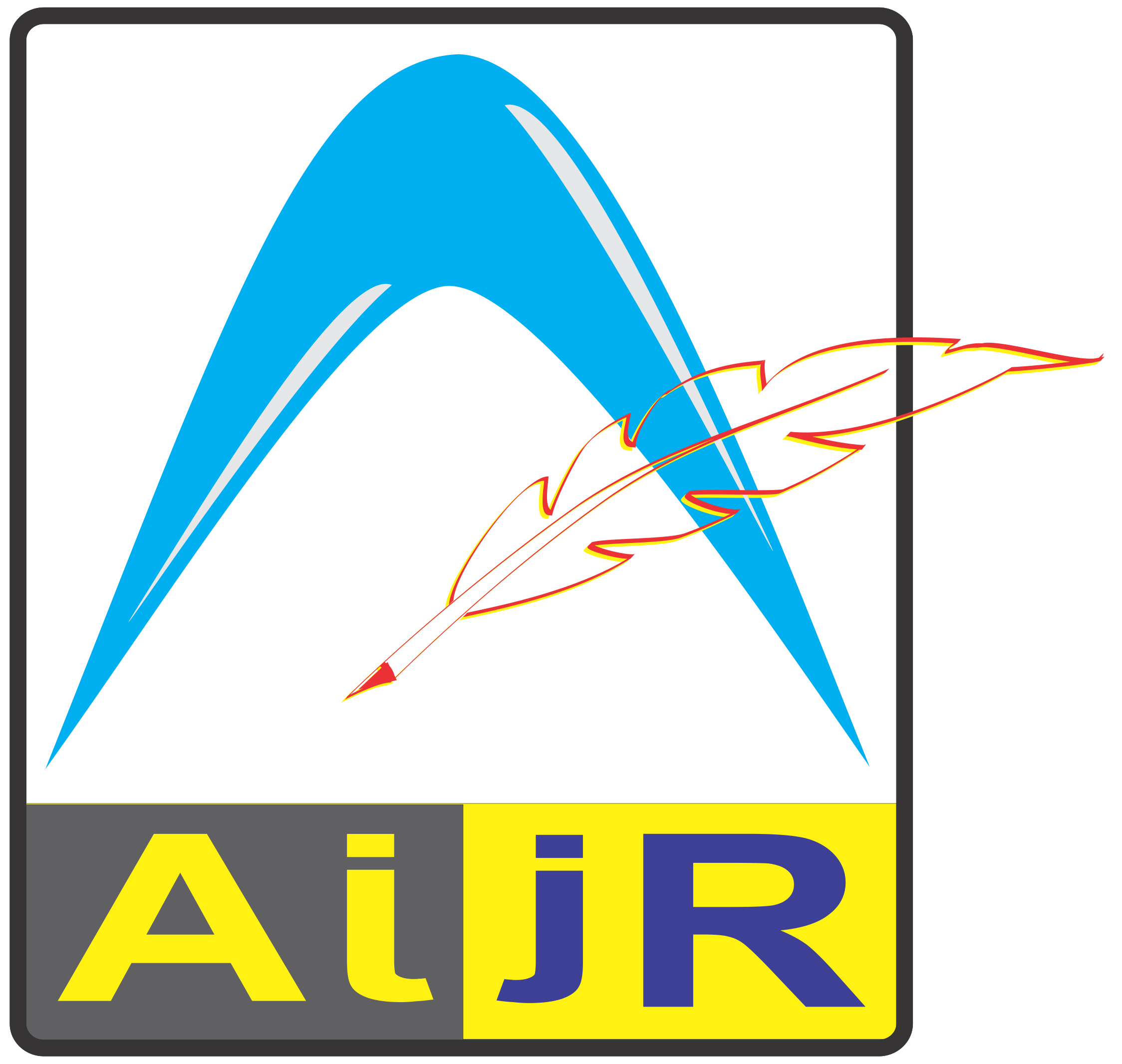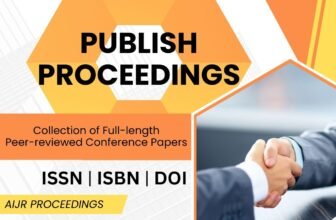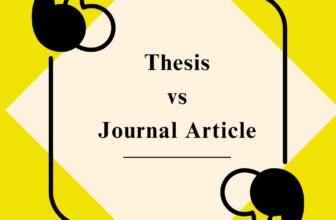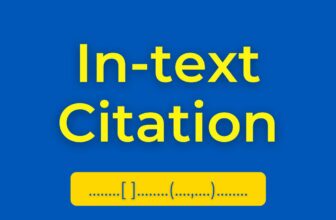
Recently in desk rejection, it has been noticed that the major portion of declined articles was due to submission to out of scope journals. Many authors submit their research papers to the wrong journal which accounts for a large portion of desk rejection during the initial editorial screening process.
Once the research paper has been drafted, the author shall select a suitable journal and then proceed with submission by formatting the paper according to the guidelines of the journal. Refer to the following quick guide for finding out the journals that could be best suited to submit your research paper.
Aims & Scope
Each journal defines a specific scope and audience. The author should clearly read the aims & scope of the journal (also known as the focus of the journal) and decide whether the subject & topic of the research paper fits within the scope of the selected journal or not. Do not submit your research paper randomly to any journal without reading the specific aims & scope of the journal.
Authorship Criteria
AIJR journals have defined specific authorship criteria for each journal which can be found under the author guidelines of the journal. Do not submit to a journal for which your authorship criteria do not fulfill.
Other information to know before the submission
Publishing Fee
Read publishing fee also known as article processing charge (APC) of the journal before submission. You can find APC information under author guidelines and about section of each journal.
Publishing Time
Before submitting your research paper, read approximate time required to review the submitted manuscript or average publishing time of the journal. You can find required reviewing time information under author guidelines as well as about section of the journal.
Submission Terms
The author shall read & adhere to submission terms as well as ethics for authors. Submission terms and links to ethical policy can be found at submission page. Do not submit your paper to more than one journal at a time; simultaneous submission is considered as serious author misconduct.






